Understanding PC Cases: A Comprehensive Overview
What is a PC Case?
A PC case, also known as a computer chassis or tower, serves as the protective enclosure for the internal components of a computer system, including the motherboard, CPU, RAM, graphics card, and storage devices. Beyond mere protection, a well-designed PC case plays a critical role in managing airflow, providing cooling, and facilitating upgrade and assembly processes. A quality PC CASE Supplier should offer a range of designs, materials, and features tailored to different needs, whether for gaming, professional use, or casual computing.
Types of PC Cases and Their Benefits
PC cases vary notably in size, design, and functionality. Understanding the different types of cases available can help you make an informed choice based on your specific requirements.
- Full Tower Cases: These provide ample space for components, maximizing compatibility with larger graphics cards and multiple storage drives. Ideal for enthusiasts and gamers who require extensive hardware.
- Mid Tower Cases: The most common choice, balancing size and expandability. They accommodate a variety of builds and are suitable for gamers and general users alike.
- Mini Tower Cases: Smaller form factor cases that are perfect for compact builds but often limit expandability. A good option for users with minimal hardware requirements.
- Low Profile Cases: Designed for small form-factor PCs, these cases are ideal for office use or home theater PCs but may sacrifice airflow and cooling potential.
- Cube Cases: These offer a unique approach to design and layout, allowing for more natural airflow and versatile component arrangement. They can be a stylish option for custom builds.
- Open Frame Cases: For those who prioritize aesthetics and ease of access, open frame cases allow for impressive visual displays of internal components but often sacrifice dust protection and structural integrity.
Key Features to Consider When Choosing a PC CASE Supplier
When selecting a PC case supplier, it’s crucial to consider several features that can impact your overall experience and satisfaction with your build. Here are the key attributes to assess:
- Build Quality: The durability of the case is paramount. Look for materials that ensure robustness, such as steel or aluminum, and avoid low-quality plastics.
- Cooling Options: Effective cooling is essential for system performance. Check how many fans the case can accommodate, as well as the provision for liquid cooling systems.
- Expandability: Consider how many drives and additional components you might want to add in the future. A good case should offer enough space for growth.
- Port Connectivity: USB ports, audio jacks, and button configurations should be conveniently positioned and adequately diverse for modern needs.
- Aesthetics: A case that resonates with your style can enhance your workspace. Look for designs that suit both your taste and the overall theme of your build.
- Price and Value: Ensure you’re getting value for your investment. Compare features against price points across suppliers.
Evaluating Your Needs: Selecting the Right PC Case
Factors Influencing Your PC Case Choice
Choosing the right PC case involves several factors ensure your setup meets both functional and aesthetic needs. Key factors include:
- Intended Use: Gaming, professional workloads, or general use will guide your choice. High-performance gaming rigs require better cooling and more space.
- Component Size: Check the dimensions of your motherboard, graphics card, and cooling solutions to ensure compatibility with the case.
- Airflow Needs: Depending on the components and their heat output, you may need a case focused on maximizing airflow.
- Budget: Establish how much you are willing to spend. While cheaper options exist, balancing quality and price is important.
- Future Upgrade Plans: Consider whether you might expand your setup in the future. A case with more space can provide greater flexibility.
Common Mistakes to Avoid When Choosing a PC CASE Supplier
When navigating the myriad of options available for PC cases, avoid these common pitfalls that can lead to buyer’s remorse:
- Neglecting Compatibility: Always double-check component dimensions against the chosen case specifications.
- Ignoring Cooling Options: Failing to account for adequate airflow can lead to overheating, affecting performance and lifespan.
- Choosing Based Solely on Aesthetics: While looks are important, functionality and efficient design take precedence for performance builds.
- Rushing the Decision: Take your time comparing features and prices across different suppliers before making a final choice.
- Overlooking Reviews: Always consult user feedback on the case and the supplier to ensure quality and performance.
Best Practices for Designing Your Setup
Properly designing your PC setup can enhance functionality and the overall user experience. Here are some best practices:
- Plan Your Cable Management: Organization is key. Choose a case with good cable routing options to improve airflow and aesthetics.
- Balance Cooling and Noise: Opt for components that offer cooling performance without excessive noise, especially if you’re using your PC in quieter environments.
- Optimize Airflow Design: Arrange fans in a way that maximizes intake and exhaust, ensuring a consistent flow of cool air over components.
- Consider RGB Lighting: For those who enjoy customization, consider cases that support RGB lighting to create an appealing setup.
- Utilize Dust Filters: Protect your components from dust with filters; it’s a step that saves you from regular cleaning and can enhance component longevity.
Top PC CASE Suppliers: A Market Comparison
Leading Brands in the PC Case Industry
The market for PC cases is saturated with numerous suppliers and brands, each offering unique features and pricing structures. Here’s a look into some of the leading brands:
- Corsair: Known for innovative design and effective cooling solutions. Offers a wide range of cases suitable for gamers and PC builders alike.
- Thermaltake: Popular for high-quality gaming-friendly cases with excellent airflow and customizable RGB options.
- Lian Li: Renowned for aluminum cases that combine durability with aesthetics, catering to those who prioritize visual appeal.
- Fractal Design: Emphasizes minimalistic design, adaptability, and practicality, appealing to a broad spectrum of users.
- NZXT: Known for modern designs with intuitive features, including customizable setups and accessible cable management.
Evaluating Quality and Pricing Among Competitors
When comparing suppliers, it’s essential to analyze both quality and pricing structures. Here are aspects to consider:
- Material Quality: Higher-end cases often use robust materials like aluminum or tempered glass, while budget cases may employ cheaper plastics.
- Warranty Offerings: Longer warranty periods can indicate a company’s confidence in their product’s durability.
- Pricing Tiers: Compare how similar features line up against prices across different brands to identify which offers the best value.
Consumer Reviews and Recommendations
Consumer feedback should be a significant part of your decision-making process. Verified user reviews can offer insights into real-world performance, durability, and any issues that may arise:
- High Ratings: Look for products with high user ratings, ideally above 4 stars, to ensure quality.
- Specific Feedback: Read what users emphasize about cases, whether it’s cooling efficiency, assembly ease, or aesthetic appeal.
- Brand Reputation: Established brands generally carry a positive reputation based on years of customer feedback.
Innovations in PC Case Design: The Future of Gaming
Trends in PC Case Technology and Functionality
PC case designs are continually evolving to meet the demands of modern computing needs, particularly in gaming. Current trends include:
- Modular Designs: Allow consumers to customize their case layouts and airflow configurations.
- Smart Cases: Some models now feature built-in smart systems for monitoring temperatures and fan speeds.
- Increased Focus on Ergonomics: Enhanced user experience through improved accessibility has become a priority for various brands.
How New Materials are Changing the Game
Innovations in materials are significantly impacting case designs:
- Tempered Glass Panels: Offers a more aesthetic appearance, allowing users to showcase their internal components while maintaining structural integrity.
- Aluminum Cases: Lightweight and durable, aluminum is trending due to its premium look and effective cooling capabilities.
- Plastic Alternatives: Manufacturers are exploring eco-friendly materials to cater to environmentally conscious consumers, lowering their carbon footprint.
Environmental Considerations in PC CASE Supplier Choices
As awareness of environmental impact grows, it’s essential to consider sustainable practices:
- Recycled Materials: Some companies are incorporating recycled plastics and metals in their products.
- Sustainable Manufacturing Practices: Look for suppliers that prioritize eco-friendly production methods that minimize waste.
- End-of-Life Solutions: Suppliers that offer recycling programs or take-back options for their cases can be a more responsible choice.
Budgeting for Your Build: Cost-Effective PC Cases
Finding an Affordable PC CASE Supplier
When on a budget, it’s crucial to strike a balance between cost and quality. Here’s how to find a reliable yet affordable supplier:
- Sales and Discounts: Regular promotions from various retailers can lead to substantial savings.
- Review Used Options: Consider pre-owned or refurbished cases that meet your needs without breaking the bank.
- Compare Prices Across Retailers: Use price comparison tools; frequently, the same case can be priced variably across suppliers.
- Join Communities: Engage with online tech forums or social media groups where communities offer insights on budget buys.
Comparative Analysis of Budget vs Premium Cases
When discussing budget and premium cases, understanding the pros and cons of each can aid in deciding what suits your needs:
- Budget Cases: Typically offer solid basic functionality. Ideal for first-time builders or users with low technical demands. However, aesthetics and unique features might be lacking.
- Premium Cases: Provide enhanced cooling options, aesthetic designs, and better warranties. Recommended for those who are serious about gaming or advanced computing but come at a higher price point.
Maximizing Value: Tips for Budget-Conscious Builders
Building a PC on a budget doesn’t mean compromising on quality. Here are practical tips to maximize value:
- Set a Clear Budget: Define your total budget upfront to prevent overspending during the buying process.
- Do Thorough Research: Invest time researching to find the best value options that meet your requirements.
- Evaluate Long-Term Durability: Invest slightly more in cases that provide long-term use rather than cheap alternatives that may require replacement.
- Stay Open to Different Brands: Emerging brands may offer quality products for lower prices compared to established names.
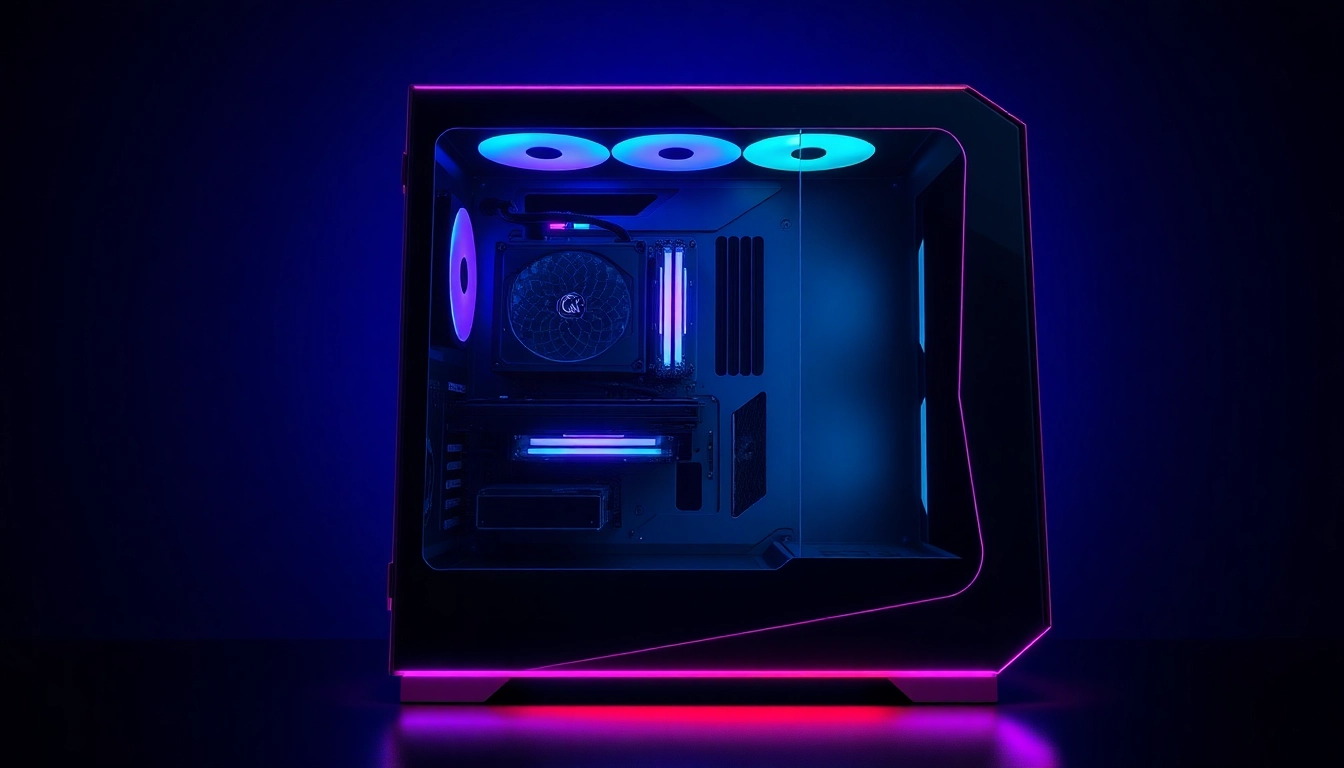


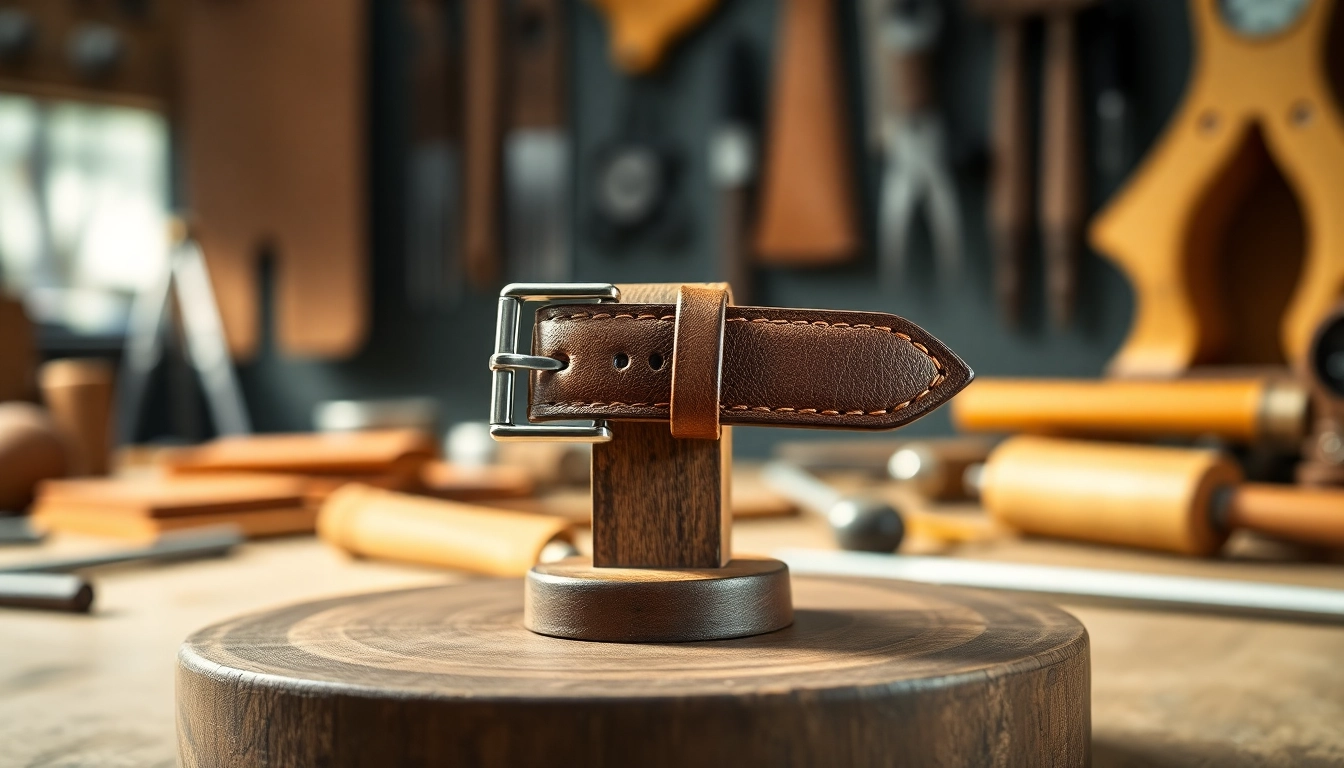

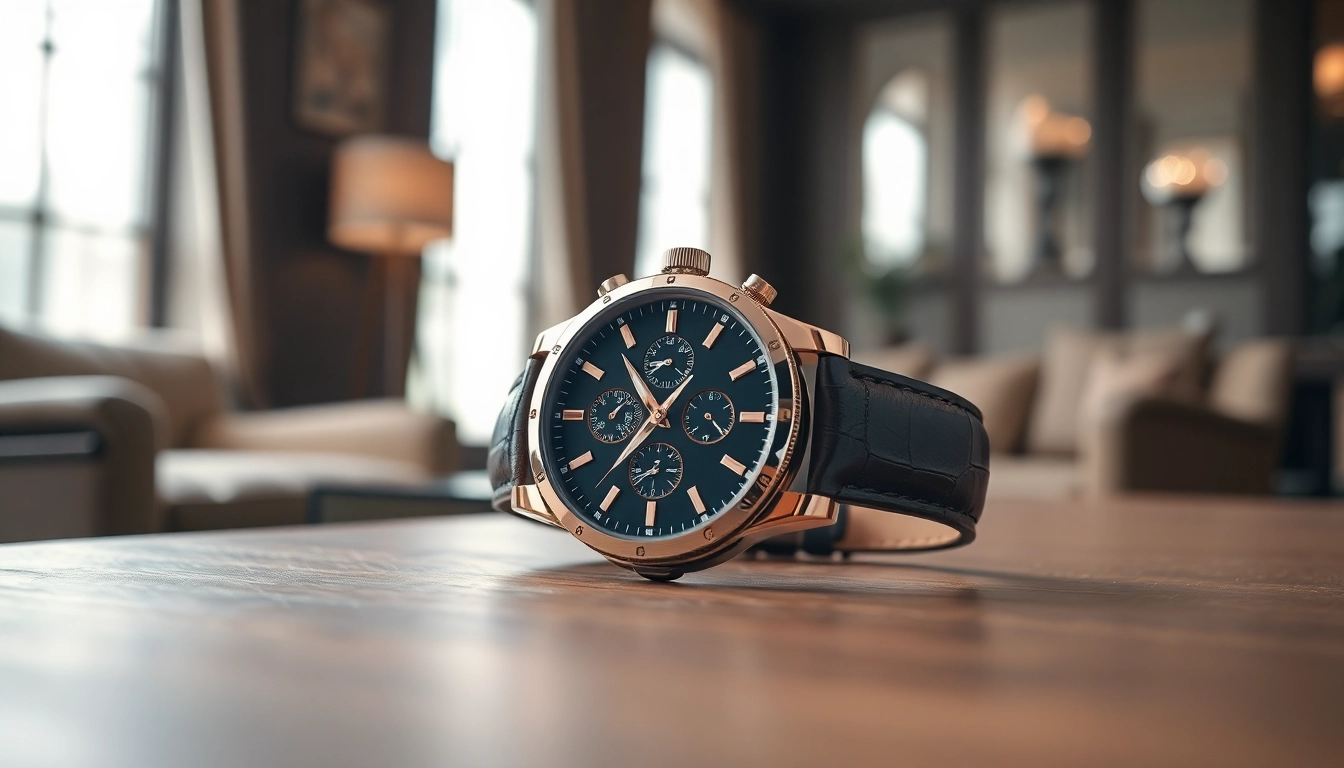

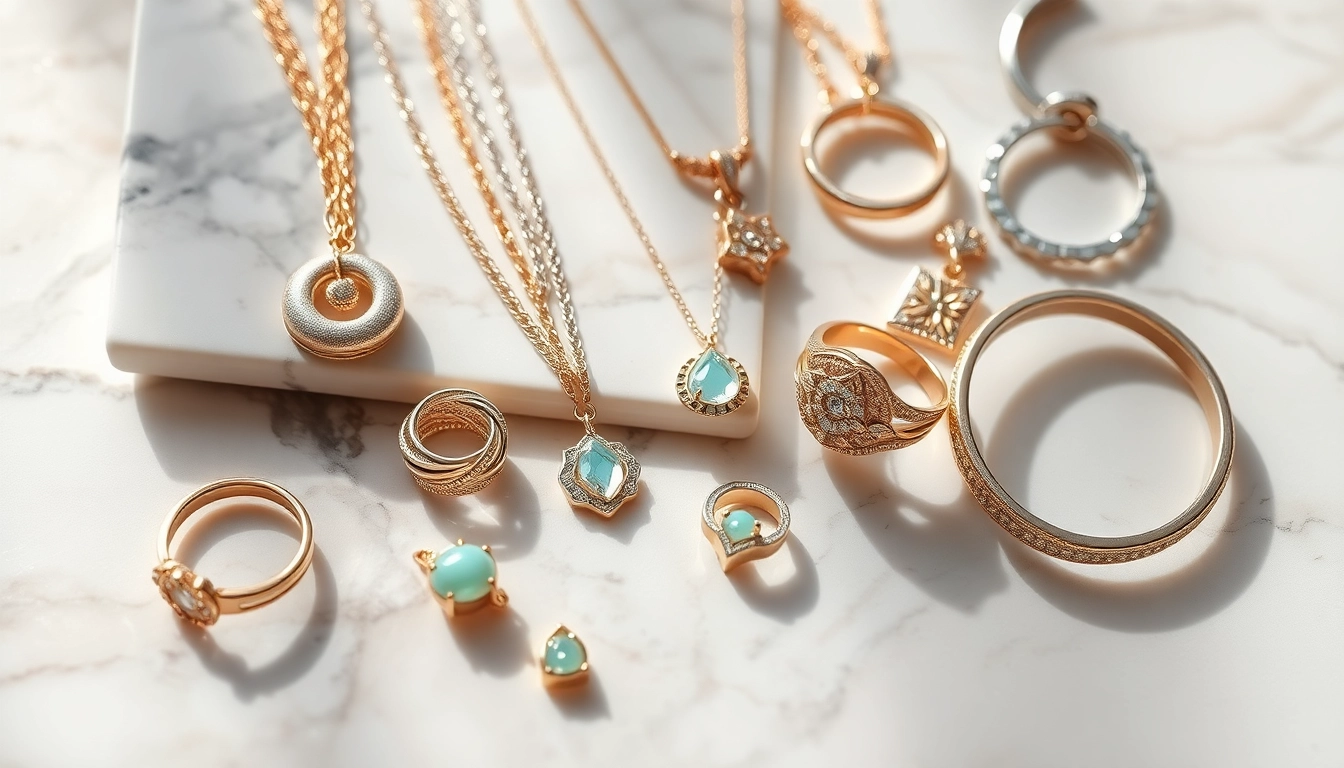
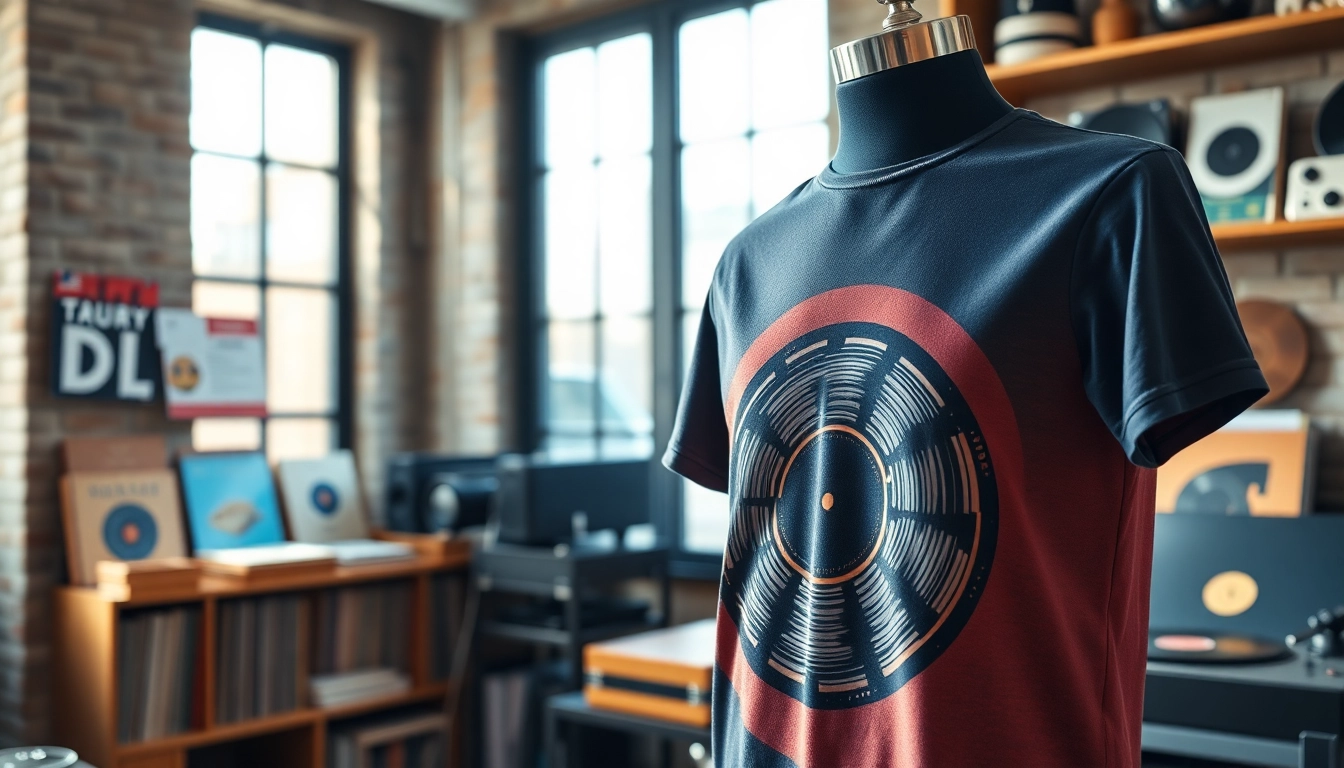






Leave a Reply